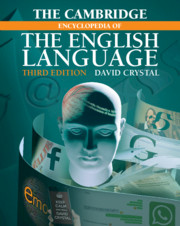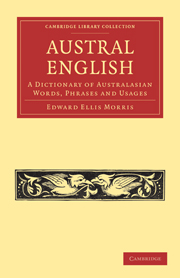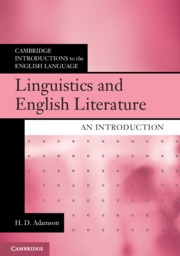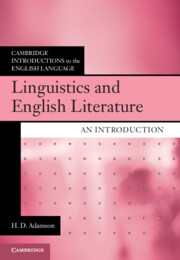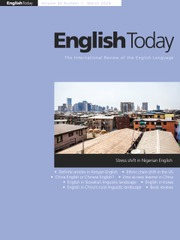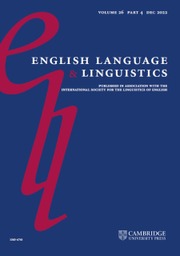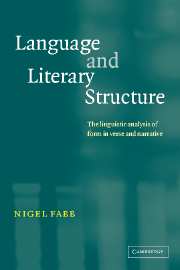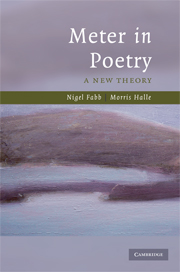What is Poetry?
Poetry, defined as language divided into lines, is found in most known human cultures. This masterful survey of poetry and its constituent components demonstrates the functions performed by metre, rhyme, alliteration and parallelism, arguing that each line of a poem fits as a whole unit into the limited capacity of human working memory. Using examples from around the world, Fabb surveys the wide varieties of poetry and the ways they are performed, including those in songs and signed literatures. Focusing on language, form and memory, he helps us understand why poetry is a particularly valued way of using language. A fresh exploration of poetry, the book will be welcomed by students and researchers of literature, linguistics and psychology, as well as anyone interested in poetry.
- Elucidating examples from every part of the world introduce the reader to original poetic material
- A new theory of poetry, linking language and memory, forms part of the cutting-edge attempts to understand literature from a cognitive perspective
- Clear and engaging explorations of the basic aspects of literary form ensure that the reader has a firm grasp of how poetry works
Reviews & endorsements
"Truly interesting and valuable. Fabb is clearly one of the leading experts in the poetries of the world."
Joel Sherzer, University of Texas, Austin
"Ranges impressively and informatively across a wide range of languages, exploring the means by which their poets organize the rhythms and sounds of speech into verse."
Timothy Steele, poet
Product details
September 2015Adobe eBook Reader
9781316382776
0 pages
0kg
3 b/w illus.
This ISBN is for an eBook version which is distributed on our behalf by a third party.
Table of Contents
- 1. Poetry
- 2. Form
- 3. Language
- 4. Metre
- 5. Rhyme and alliteration
- 6. Parallelism
- 7. Psychology and poetry
- Bibliography
- General index
- Language index.


